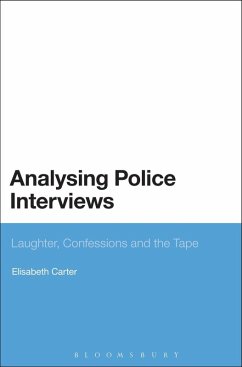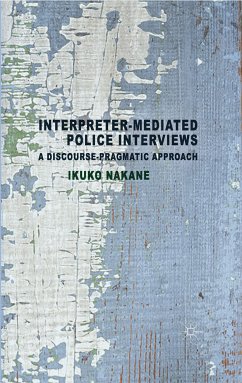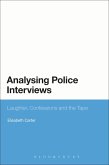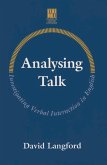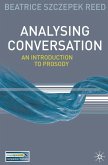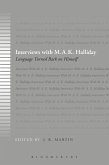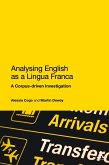Winner of the British Society of Criminology 'Criminology Book Prize 2012'
This book uses transcripts from real UK police interviews, investigating previously unexplored and under-explored areas of the process. It illustrates the way in which police and suspects use language and sounds to inform, persuade and communicate with each other. It also looks closely at how interactional tools such as laughter can be used to sidestep the legal boundaries of this setting without sanction.
The work reveals the delicate balance between institutional and conversational talk, the composition and maintenance of roles and the conflicts between the rules of interaction and law. The analyses offer detailed insights into the reality behind the myth and mystique of police interviews and contain findings which have the potential to inform and advance evidence-based police interview training and practice.
This book uses transcripts from real UK police interviews, investigating previously unexplored and under-explored areas of the process. It illustrates the way in which police and suspects use language and sounds to inform, persuade and communicate with each other. It also looks closely at how interactional tools such as laughter can be used to sidestep the legal boundaries of this setting without sanction.
The work reveals the delicate balance between institutional and conversational talk, the composition and maintenance of roles and the conflicts between the rules of interaction and law. The analyses offer detailed insights into the reality behind the myth and mystique of police interviews and contain findings which have the potential to inform and advance evidence-based police interview training and practice.

